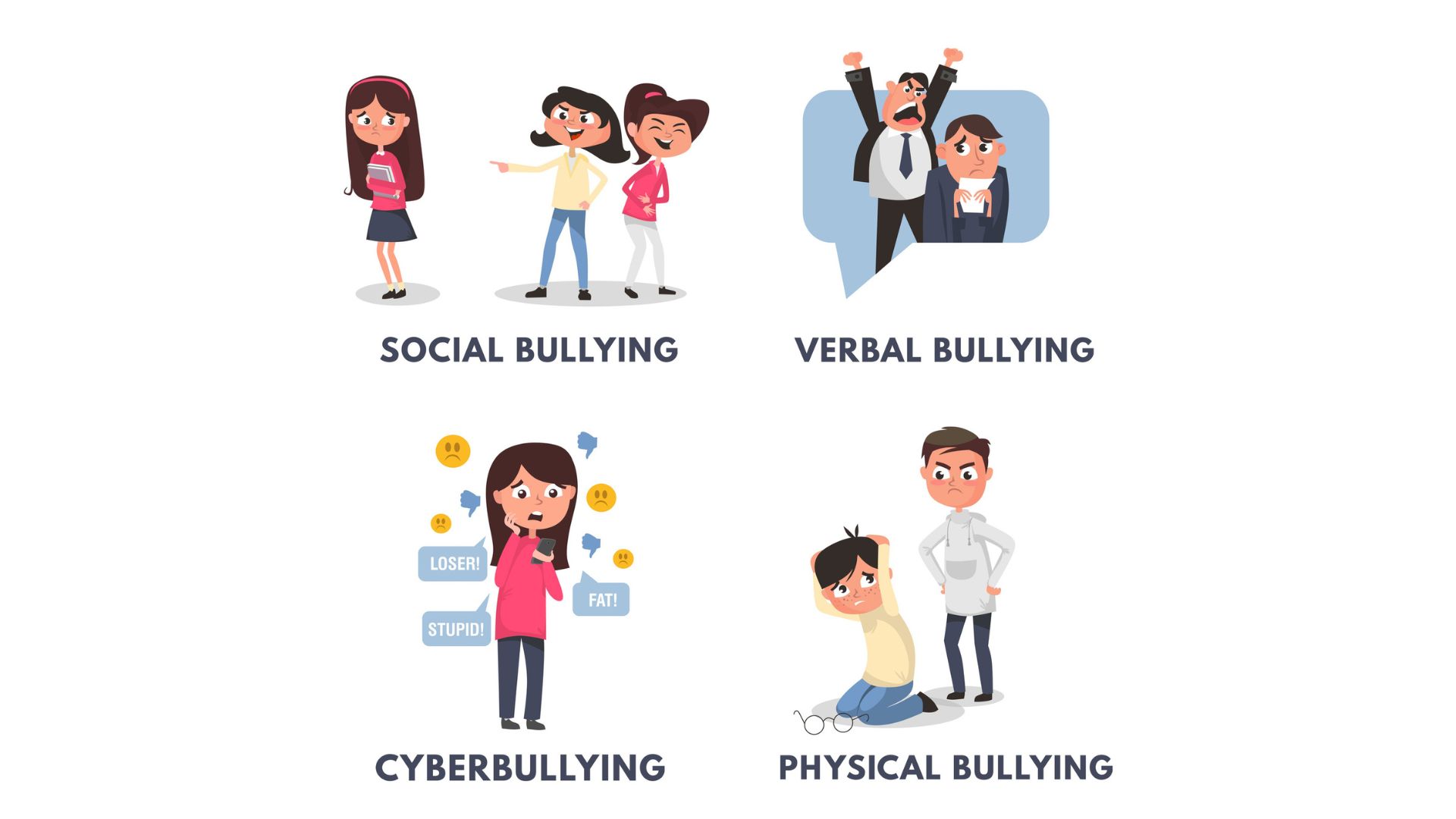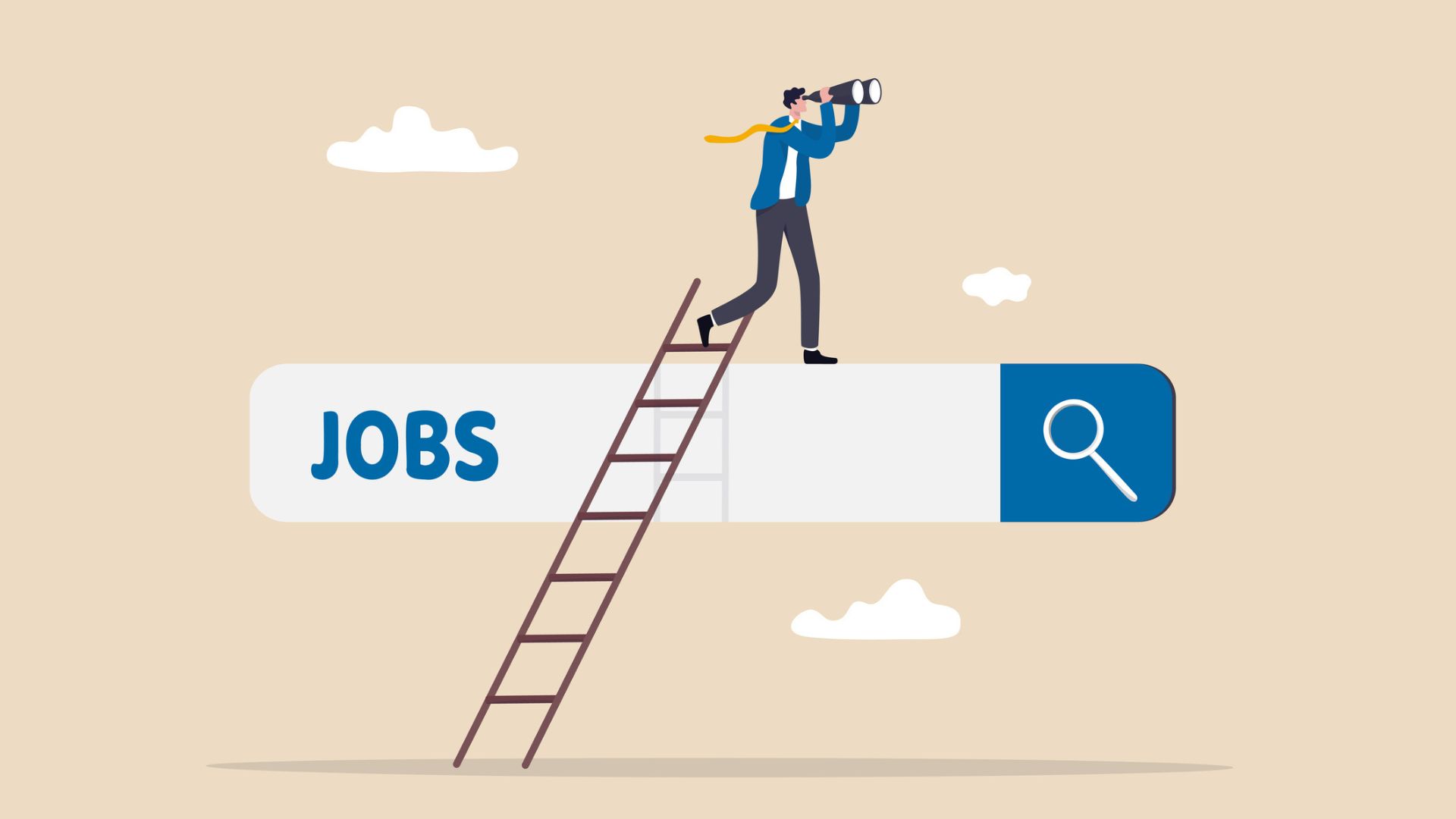In Singapore, working from home has moved from a temporary fix during the pandemic to an option many workers actively sought after. Hybrid work arrangements are now among the top considerations for jobseekers, and employers are adapting. But beyond the convenience of skipping the MRT rush or having lunch at home, the bigger question remains: is working from home actually good for our mental health, or are we trading one set of stresses for another?
Several studies suggest that working from home can reduce stress, give people more control over their schedules, and increase job satisfaction.
One clear example is commuting. Anyone who has squeezed onto a crowded MRT during peak hours knows how draining that routine can be. A Korean study found that long travel times are linked to poorer sleep and a higher risk of depression. By removing the commute, remote workers save both time and energy. Those extra hours can go into rest, exercise, or simply enjoying a quiet breakfast with family. Small changes like these can set a more positive tone for the entire day.
Flexibility is another major benefit. Research also showed that employees reported higher life satisfaction when they had control over their working hours. Being able to align work with personal responsibilities helps reduce the sense of being pulled in multiple directions, making daily life feel less overwhelming.
There is also the matter of engagement and motivation. Studies show that most Singaporeans now prefer hybrid work, appreciating the balance between home and office environments. For many, the choice of where and how to work makes them feel more empowered. Some thrive in the quiet focus of home, while others need a mix of in-person collaboration and solo work. Either way, the outcome is often the same: stronger motivation, higher engagement, and a healthier relationship with work.
Despite its benefits, working from home does not suit everyone. Without casual pantry chats or quick desk-side conversations, many employees find themselves feeling more isolated. A survey by Singapore's NUHS Mind Science Centre found that 61% of employees working from home reported feeling stressed at work, highlighting how remote work may blur boundaries and elevate stress levels. For younger employees in particular, the absence of social interaction can make work feel disconnected, which eventually affects morale and performance.
Blurred boundaries are another issue. When the desk is just a few steps away from the bed or dining table, it becomes harder to mentally switch off. Studies indicate that remote workers often work longer hours and face higher risks of burnout compared to office workers. In Singapore, reports noted employees logging in earlier and finishing later, with work extending into evenings and weekends.
There is also something less obvious but equally important: the mental transition between work and personal life. For many, the commute, as tiring as it was, acted as a buffer that allowed them to wind down before reaching home. Without that transition, stress from work often spills into family or personal time, making it harder to truly switch off.
Interestingly, how people view working from home often depends on their age and career stage. Younger workers, such as Gen Z, tend to value the office more than older colleagues. A survey by Randstad revealed that over 60 per cent of Gen Z workers in Singapore prefer hybrid setups, citing their need for mentorship, collaboration, and networking opportunities. For them, the office is more than a workplace. It is a space to learn and grow.
On the other hand, older employees, especially those with family responsibilities, often see greater value in working from home. Recent studies highlighted that working parents with young children benefited significantly from flexible arrangements, which allowed them to balance caregiving and professional roles more effectively. For this group, remote work feels less like isolation and more like an essential support system.
So, is working from home good or bad for mental health? The reality is that it depends on balance. Hybrid arrangements, which combine the quiet focus of home with the structure and social connections of the office, appear to offer the most sustainable approach.
Remote and hybrid work are here to stay, reshaping not only how we work but also how we feel about work. For employees, the key lies in setting boundaries and finding what environment helps them thrive. For employers, the challenge is to design policies that support both productivity and well-being.
At its core, this shift is about balance. Balancing work with personal life, and individual needs with organisational goals. Platforms such as FastJobs and FastGig play a role in this transition by helping people find flexible opportunities that align with their lives while giving employers access to reliable talent. Done right, flexibility can benefit both sides and create a healthier and more sustainable future of work.

Toxic vibes at work? From gossip to sabotage, bullying hurts more than you think
Read more
Retail in SG is rising! Wage growth & skills training create new career paths. Explore jobs with FastJobs.sg.
Read more
A tough job market doesn’t mean fewer opportunities—it means thinking differently. Non-PMET roles can be stepping stones, building skills and networks that set you apart.
Read more